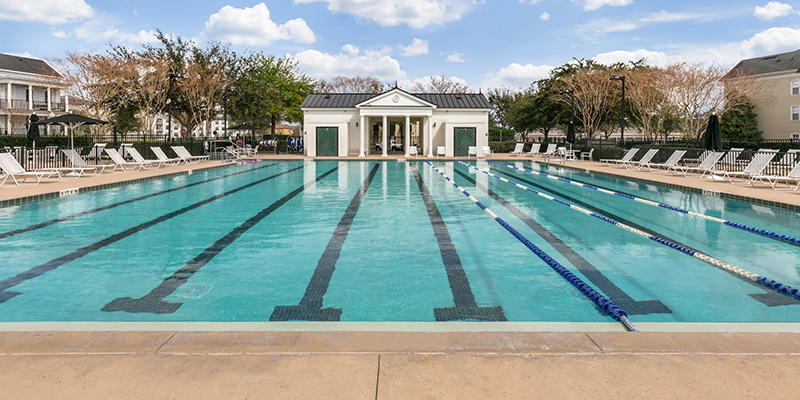Pool Safety: How To Keep Your Community’s Pool Safe For Residents

Community pools are a great place for residents of managed communities to cool off in the summer, but they can also be dangerous if the right safety measures are not taken. In addition to protecting residents from potential dangers, pool safety precautions help to protect a community from lawsuits that stem from pool-related injuries. If your community has not reviewed the state of its swimming pool recently, now is the time to consider whether the following important safety precautions are in place.
Browse By Category
Sign up for Our Newsletter
Community pools are a great place for residents of managed communities to cool off in the summer, but they can also be dangerous if the right safety measures are not taken. In addition to protecting residents from potential dangers, pool safety precautions help to protect a community from lawsuits that stem from pool-related injuries. If your community has not reviewed the state of its swimming pool recently, now is the time to consider whether the following important safety precautions are in place.
Lifeguard On Duty during Pool Hours
Fences and Signs That Limit Access
Pool safety is one of the top seasonal issues that managed communities face. If your neighborhood has a list summertime safety priorities, ensuring that its community pool is safe should be at the top of the list. If your neighborhood needs to have work performed on its pool to make it safer, or needs assistance finding a vendor for pool services, RealManage will handle the arrangements on your community’s behalf. To learn more about our services, call us today.
Trending Now
Related Article
Sign up for Our Monthly Newsletter
Sign up below for monthly updates on all HOA Resource
















